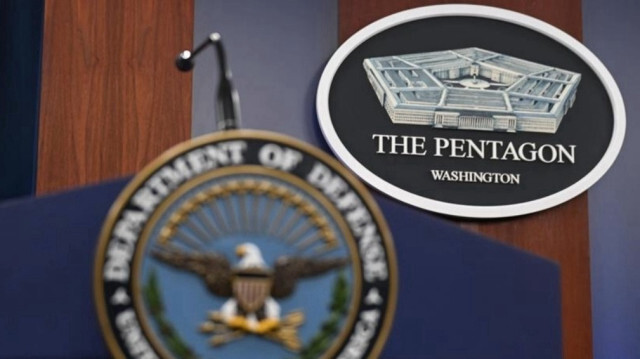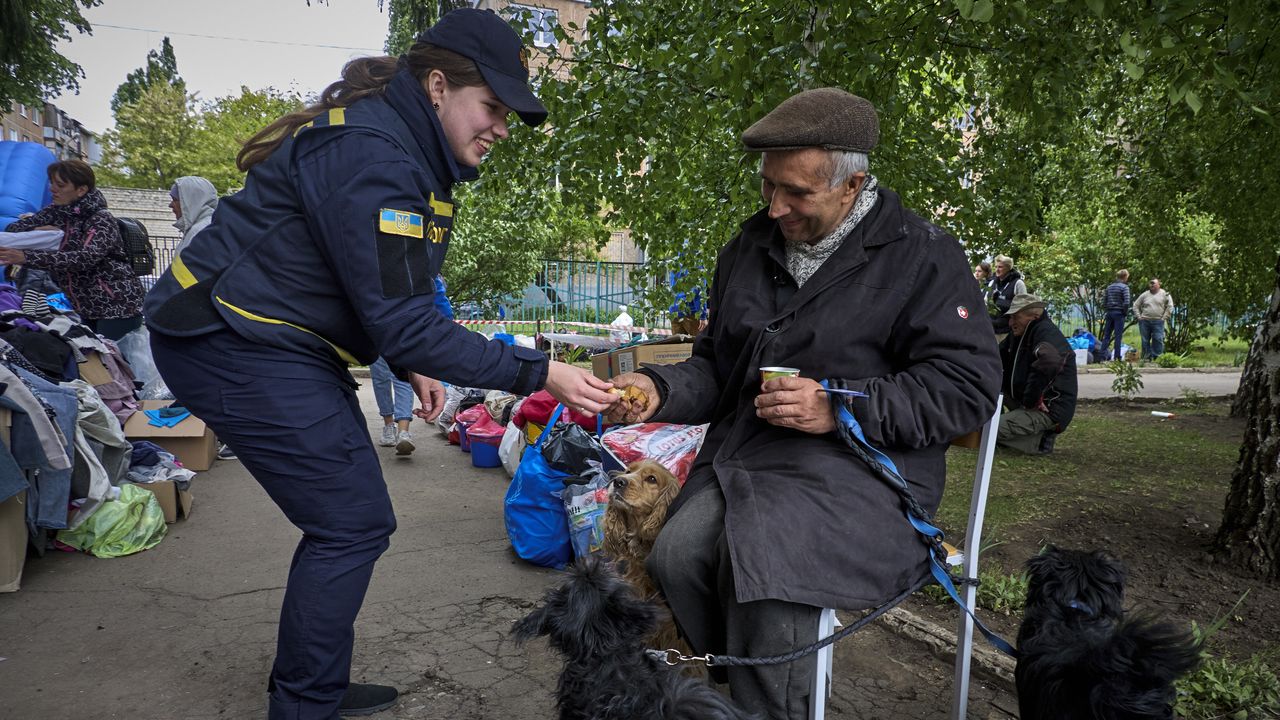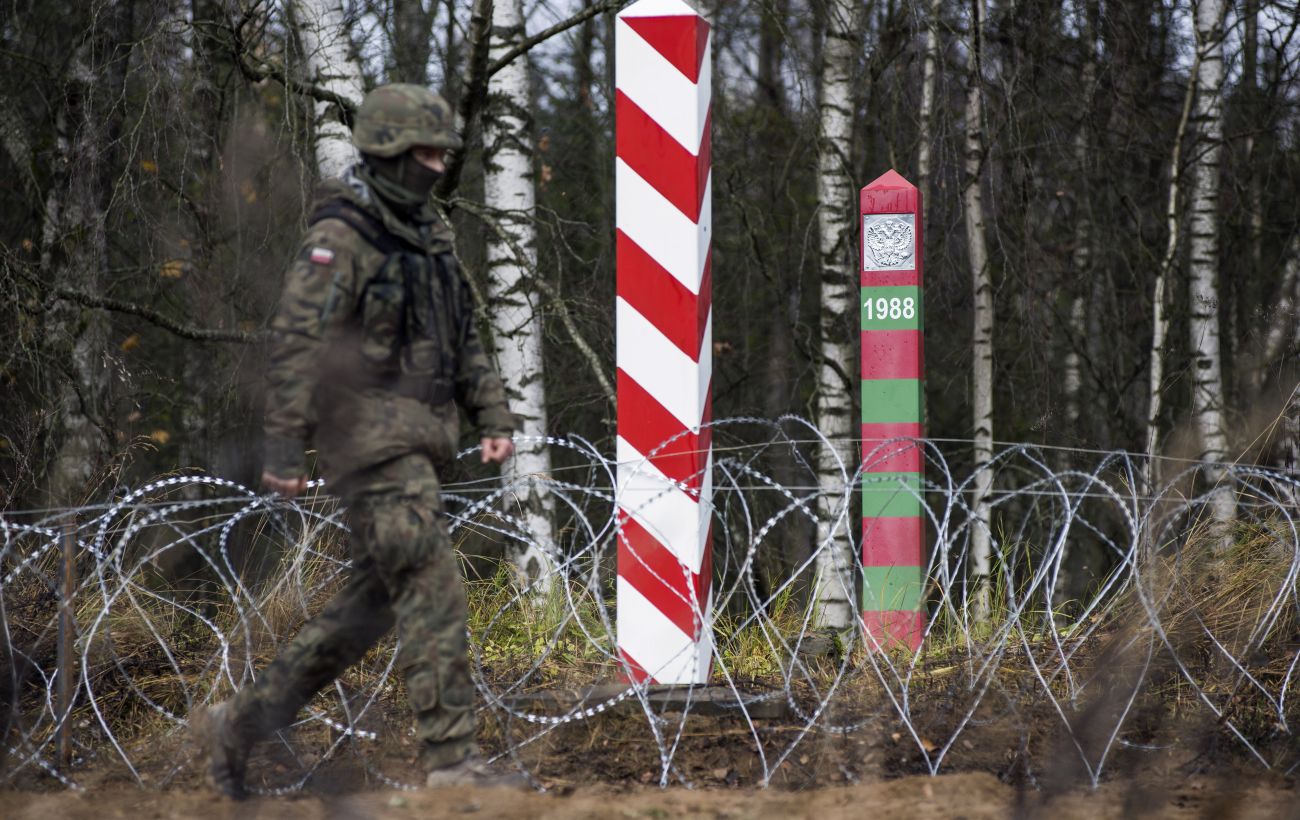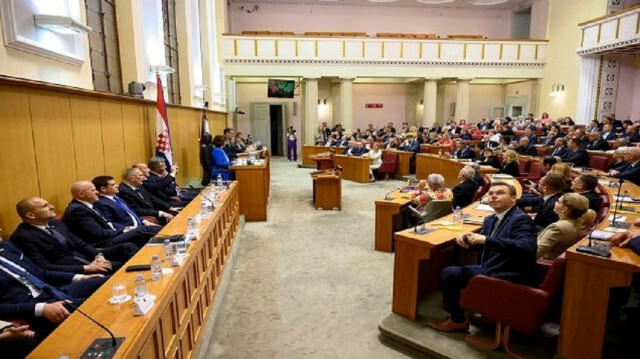UNRWA Chief Denied Entry to Gaza by Israel
The repeated denial of entry to Gaza for the UNRWA Commissioner General by Israeli authorities raises humanitarian and international concerns.
Published May 07, 2024 - 00:05am

Image recovered from alhurra.com
Philippe Lazzarini, the Commissioner General of the United Nations Relief and Works Agency for Palestine Refugees (UNRWA), has been denied entry into the Gaza Strip by Israeli authorities for the second time since the outbreak of war on October 7th. This announcement comes amidst escalating tension and a pressing humanitarian crisis in the region.
Lazzarini had planned to visit his colleagues at UNRWA, including those on the front lines, following Israel's strict control over the flow of humanitarian aid into the United Nations. Recent weeks have seen ten recorded incidents involving gunfire targeted at aid convoys and the detention of UN staff, including instances of harassment, stripping of clothes, armed threats, and prolonged delays at checkpoints that forced convoys to move in the dark or abort their missions entirely.
According to various reports, Israel's blockade and regulation of international aid have led to severe shortages in food, medical supplies, and fuel, sparking famine conditions that threaten the lives of children, the elderly, and the wounded amongst Gaza's 2.4 million population. The demand for an independent investigation and accountability for this blatant disregard for humanitarian workers and operations has been echoed by Lazzarini and other international figures.
Earlier, Israel closed the border crossing of Kerem Shalom, halting the passage of humanitarian trucks following rocket attacks claimed by Hamas's military wing, al-Qassam Brigades. Israeli authorities in January accused ten UNRWA staff members of involvement in Hamas's attacks, which resulted in numerous casualties. However, an independent evaluation conducted in April reaffirmed the indispensability of UNRWA for the humanitarian and economic development of Palestinians and noted that Israel had not yet provided evidence supporting its large-scale accusations.
The food security situation in Gaza is reported to have slightly improved, as announced by the World Health Organization, but the risk of famine remains. The international community continues to express concern over the severe restrictions placed on humanitarian access by Israeli authorities, underscoring the critical need for an uninterrupted flow of assistance to the beleaguered Gaza Strip.
The exclusion of the head of UNRWA from the Gaza Strip by Israel has drawn international scrutiny and added further strain on the already volatile situation. The UN and various aid organizations have repeatedly stressed the importance of maintaining channels for humanitarian support, a call that has grown more urgent as the conflict shows no sign of abating. Over 80% of Gaza's population is dependent on international aid for basic necessities, making this blockade not only a political statement but a direct threat to the wellbeing of millions.
Philippe Lazzarini's forceful advocacy for the needs of Palestinian refugees has been a hallmark of his tenure as Commissioner General of UNRWA. His presence in Gaza is critical for assessing the situation on the ground and coordinating the complex logistics of international assistance. However, the denial of entry is seen by many as an effort to curb the agency's independence and mitigate the impact of its reports on conditions in the Strip, which have been critical of Israeli policy.
The consequences of impeded aid are manifold. Besides acute shortages, health facilities in Gaza are struggling with insufficient equipment and medicine to treat the injured and chronically ill. With electricity supply sporadic due to fuel scarcity, essential services such as hospitals and water treatment plants operate under immense duress. The frequent closure of key crossings like Kerem Shalom exacerbates this perilous situation, leaving the population in an increasingly precarious condition.
In the wake of these events, the international community, including donor countries to UNRWA, have called on Israel to lift the restrictions and allow the resumption of vital deliveries into Gaza. They point to international humanitarian law, which emphasizes the protection of civilian populations during times of war, and the unacceptability of obstructing humanitarian aid as part of any military or political strategy.
Lazzarini's barred visit comes also at a time when the United Nations is gearing up for a broader reassessment of its operations within Gaza. This includes planned development projects designed to improve infrastructure and economic prospects for residents, which require on-the-ground coordination with UNRWA and other stakeholders. The agency's role is not only in emergency relief but also in the long-term upliftment of the community through education, health care, and economic initiatives. Preventing such a significant actor from assessing the situation presents an obstacle to the UN's larger mission in the region.
Amid these challenges, international aid organizations remain resilient, adjusting their operations to manage risks and attempting to negotiate for secure passage of supplies. Despite the dangers, they are committed to continuing their work in the face of seemingly insurmountable obstacles. This dedication stands as a testament to the humanitarian spirit that drives global efforts to alleviate the suffering of those caught in conflict zones.
As tensions persist, the global community watches and waits for a resolution that allows humanitarian work to continue unhindered – a situation that seems increasingly distant. For now, the situation in Gaza remains a stark reminder of the consequences of conflict and the fragility of systems meant to protect human rights and dignity in the face of adversity. UNRWA, along with other aid organizations, continues to advocate for access and engage in dialogue with all parties, hoping for a breakthrough that will allow them to fulfill their vital mission.
With no immediate solution in sight, the situation in Gaza poses a clear moral dilemma to the international community and a logistical nightmare for those trying to negotiate the labyrinth of regulations governing aid. Philippe Lazzarini, barred from entry, symbolizes the broader challenges that humanitarian actors face in carrying out their essential work amid politicized conflict.
Indeed, the eyes of the world are fixed on this tiny strip of land, assessing not only the outcome of this particular standoff but also the precedents it sets for humanitarian operations in similar contexts. The balance of power, humanitarian needs, and international law hang in delicate equilibrium, the resolution of which will reverberate far beyond the borders of Gaza.







